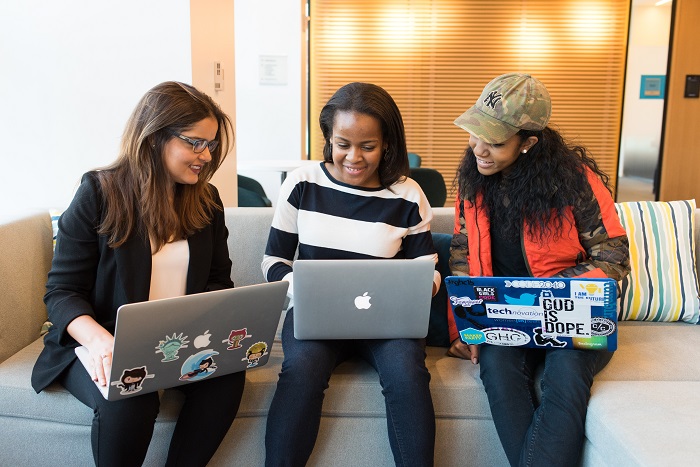With the lockdown of the country due to novel coronavirus pandemic, many institutions have shifted to online classes from the traditional classroom teaching. It is an eleventh-hour solution with less preparedness, thus yielding both positive and setbacks as well.
Lovely Professional University is one of the first institutions in the country to make the swiftest and quickest move to keep the academic process on gear. The university had immediately shifted to online video-conferencing classes through its own platform, LPU Live app. This virtual classroom has the facilities to raise questions, explain, interact with faculty and classmates, and can converse with text messages too. All internal evaluations or assessments are being continuously carried-on through the platform.

No doubt, it is very much appreciative of the initiative that is helping the academic process to go on, while many universities and education boards are left handicapped without any curricular activity. However, how far is online teaching effective and reliable to adopt as an indispensable mode of learning?

When we critically look at it with an open and enquiring mind, the present situation in India looks least feasible. Some of the genuine drawbacks facing by users at the moment are poor internet connectivity, less adaptability to the environment of online classes, less interaction, and so on. Despite LPU being a tech-savvy university, where every student is equipped with at least a device that can perform tasks related to the internet, many students who returned to their respective homes are unable to join the online live classes due to poor internet network.

On the contrast, in far-flung villages, many institutions couldn’t even attempt this because the majority of the students do not have a suitable device or stable internet to avail it. Along with that technical issue, the adaptability to an online teaching environment comes into the picture. In the virtual classroom, both teachers and students are not having the convenience as much as in traditional classrooms, which makes the impersonal learning less interactive.

Though, with sets of drawbacks at this time, the future scope of online classes as a major medium of learning is too great to belittle, nor too far. To effectively implement virtual teaching, not just during this pandemic, let us be hopeful that the present situation will serve as an eye-opener to everyone, especially for the government for fair development in every part of the country.


















